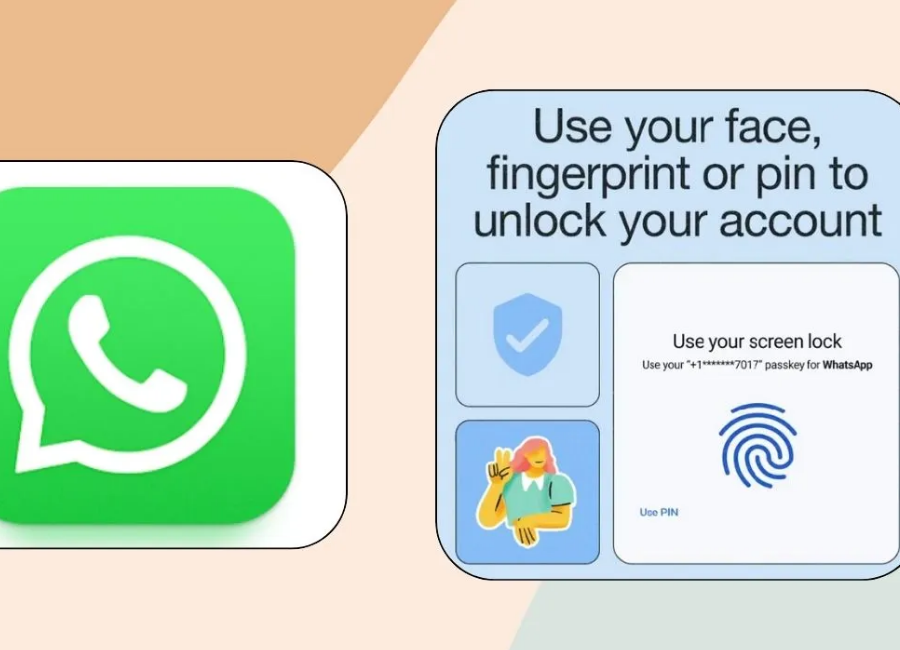In an era marked by increasing cyber threats, traditional passwords no longer suffice for digital security. The adoption of biometric authentication on various platforms, including budget-friendly Android devices, has provided users with a more secure means of safeguarding their digital lives. Leveraging this trend, several prominent password manager applications and social media platforms have incorporated “passkeys” into their authentication methods. WhatsApp, after a month of beta testing, is the latest app to introduce passkey support for all its users.
Passkeys are cryptographic key pairs that replace traditional passwords, ensuring that only authorized users can access their accounts. These keys are generated on the user’s device following successful biometric authentication, eliminating the need for other two-factor authentication methods like OTPs delivered via SMS or email. Passkeys offer enhanced security, protecting users from risks associated with password reuse and phishing attempts. Notably, Google has also incorporated support for storing passkeys in its password manager. This new system not only enhances security but also enables faster user authentication, prompting other leading password manager applications such as 1Password, BitWarden, and Enpass to adopt passkey support. Some of these platforms even provide users with the option to replace their master passwords with passkeys.
WhatsApp began working on passkey support in August, initiating beta testing in September. After about a month, the messaging application announced the rollout of passkey support in the stable channel. This feature replaces the conventional SMS-delivered one-time password, significantly enhancing login security. Users can employ various screen lock methods, including on-device fingerprint, face unlock, PIN, or swipe pattern, for authentication. The cryptographic key is automatically stored in Google Password Manager. This passwordless login system simplifies the setup process when transitioning to a new device, saving time and effort. WhatsApp has also provided comprehensive explanations on how passkeys function to secure user accounts.
It’s essential to distinguish passkeys for signing in to WhatsApp from in-app features like WhatsApp chat lock, which continue to rely on biometric authentication. Conventional passwords for user authentication on WhatsApp will still be available alongside passkeys.
While WhatsApp hasn’t clarified if this feature will be immediately available worldwide, it’s likely to roll out gradually in the stable channel, similar to other new WhatsApp features. Nevertheless, WhatsApp’s commitment to user privacy and security is evident through the introduction of features like passkeys.






